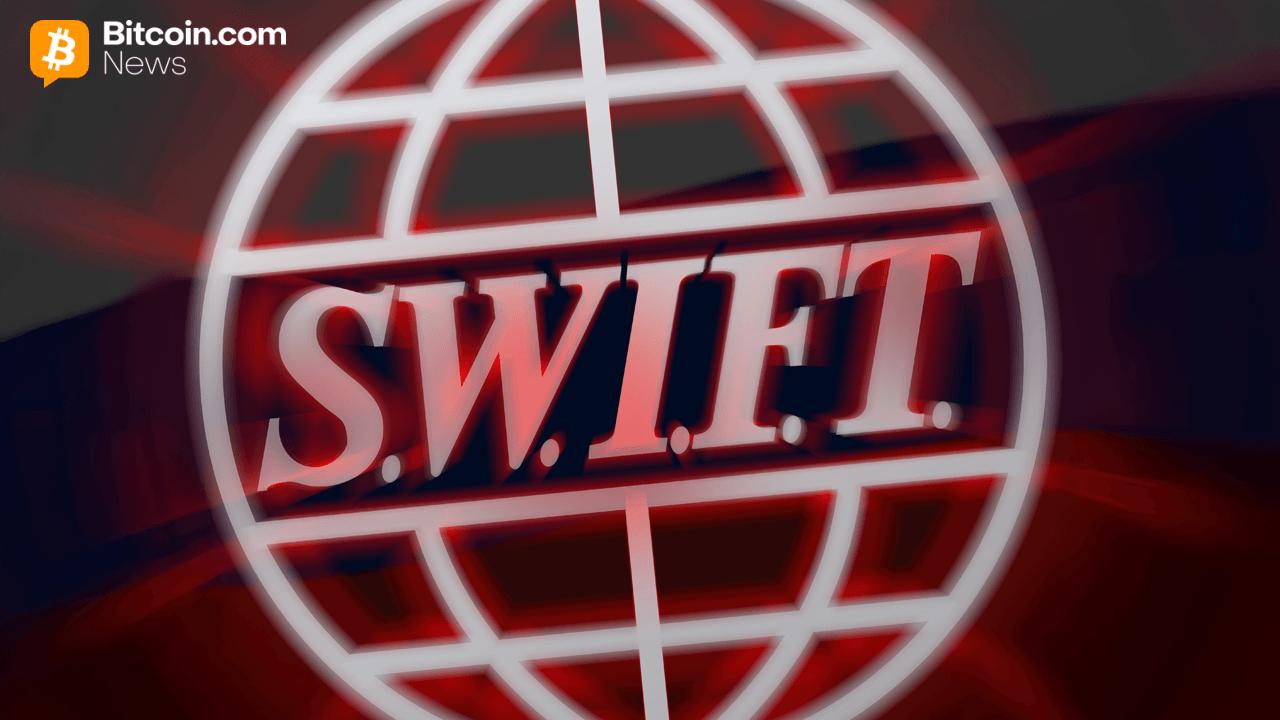BBVA and Ripple Partnership: Transforming European Digital Asset Banking
BBVA and Ripple Partnership: Transforming European Digital Asset Banking
The European financial landscape is experiencing a revolutionary transformation as banking giant BBVA announces its expanded collaboration with Ripple to offer comprehensive digital asset storage services to retail customers across Spain. This groundbreaking partnership represents far more than a simple business agreement; it signals a fundamental shift in how traditional banking institutions approach cryptocurrency integration and marks a significant milestone for the entire digital asset ecosystem in Europe.
Revolutionary Integration of Ripple Custody Technology
At the heart of this transformative partnership lies Ripple's cutting-edge custody technology, a state-of-the-art solution specifically designed for the secure storage and management of digital assets. BBVA's implementation of this institutional-grade platform enables the bank to offer Bitcoin (BTC) and Ethereum (ETH) storage services with unprecedented security standards. Francisco Maroto, BBVA's Head of Digital Assets, emphasizes that this technology integration provides clients with a comprehensive trust service that meets the highest operational and security benchmarks in the industry.
The Ripple Custody solution addresses critical concerns that have historically prevented traditional banks from fully embracing digital assets. Through advanced cryptographic security measures, multi-signature protocols, and robust operational frameworks, the platform ensures that BBVA can safely custody digital assets while maintaining full regulatory compliance. This technological foundation provides the confidence necessary for both the bank and its customers to engage with cryptocurrencies in a secure, regulated environment.
MiCA Regulations: The Catalyst for European Crypto Adoption
The timing of this partnership is particularly significant, coinciding with the implementation of the Markets in Crypto-Assets (MiCA) regulation across Europe. This comprehensive legal framework has established uniform standards for digital asset operations, eliminating the regulatory uncertainty that previously hindered banks from offering cryptocurrency services. Cassie Craddock, Ripple's Managing Director for Europe, highlights how MiCA regulations have created a clear pathway for financial institutions to expand their digital asset offerings with confidence.
Under the MiCA framework, banks can now develop and deploy services including custody, trading, and token issuance without the legal ambiguity that previously characterized the cryptocurrency space. This regulatory clarity transforms digital assets from perceived threats into lucrative business opportunities, enabling banks to meet growing customer demand for cryptocurrency services while maintaining full legal compliance. The regulation serves as a bridge between traditional finance and the digital asset ecosystem, creating new possibilities for innovation and growth.
Building Upon a Foundation of Successful Collaboration
The current partnership between BBVA and Ripple represents the evolution of a relationship that has already demonstrated remarkable success in multiple markets. The two organizations previously collaborated in Switzerland and Turkey, developing real-time cross-border payment solutions that showcased the practical applications of blockchain technology in traditional banking operations. These earlier initiatives laid the groundwork for the current expansion into digital asset custody services.
This established track record of successful collaboration provides both organizations with valuable insights into the challenges and opportunities present in the digital asset space. The lessons learned from international payment solutions inform the current approach to cryptocurrency custody, ensuring that the new services benefit from proven operational frameworks and security protocols. This foundation of trust and demonstrated competence enables both BBVA and Ripple to approach their expanded partnership with confidence in their ability to deliver exceptional results.
European Banking Industry Transformation
BBVA's partnership with Ripple is part of a broader trend sweeping across the European banking sector, where major financial institutions are increasingly recognizing the strategic importance of digital asset services. Deutsche Bank has announced plans to launch digital asset custody services by 2025, while Standard Chartered and Boerse Stuttgart Digital Custody are actively enhancing their cryptocurrency offerings to meet evolving market demands.
This collective movement represents a paradigm shift in how traditional banks view cryptocurrencies. Rather than seeing digital assets as disruptive threats to established financial systems, forward-thinking institutions now recognize them as opportunities for revenue diversification and customer service enhancement. The integration of cryptocurrency services allows banks to tap into new market segments while providing existing customers with expanded financial service options that meet contemporary investment preferences.
Advanced Security Measures and Client Protection
Security remains the paramount concern in the integration of digital asset services within traditional banking frameworks. Ripple's custody solutions incorporate multiple layers of protection, including advanced encryption protocols, secure key management systems, and comprehensive audit trails that ensure complete transparency and accountability. These security measures exceed traditional banking standards and provide clients with confidence in the safety of their digital asset holdings.
The implementation of institutional-grade security protocols addresses common concerns about cryptocurrency storage risks. Through cold storage solutions, multi-signature authentication, and segregated client accounts, the platform ensures that customer assets remain protected against both external threats and internal operational risks. Regular security audits and compliance assessments further reinforce the robustness of these protective measures, creating a secure environment that meets the expectations of both retail and institutional clients.
Global Impact and Future Innovation
Beyond the European market, Ripple continues to demonstrate the global potential of digital asset solutions through innovative projects like the Ripple USD (RLUSD) stablecoin. These initiatives address real-world economic challenges, including climate risk insurance applications in Africa where automated insurance payouts are triggered by satellite weather data. Such applications illustrate the transformative potential of digital assets beyond simple value storage and trading.
The success of the BBVA partnership serves as a template for similar collaborations worldwide, demonstrating how traditional financial institutions can successfully integrate digital asset services while maintaining security and regulatory compliance. As the technology continues to evolve and mature, these foundational partnerships pave the way for even more sophisticated applications of blockchain technology within established financial systems.
The Road Ahead for Digital Asset Integration
The BBVA and Ripple partnership symbolizes a crucial inflection point in the evolution of digital asset adoption within traditional banking. As regulatory frameworks continue to mature and security technologies advance, we can expect to see accelerated integration of cryptocurrency services across the global banking sector. This transformation promises to create new opportunities for both financial institutions and their customers while contributing to the overall maturation and stability of the digital asset ecosystem.
Looking forward, the success of this partnership will likely influence other major banks to explore similar collaborations, creating a competitive environment that drives innovation and improves service quality across the industry. The integration of digital assets into mainstream banking represents not just a technological advancement, but a fundamental evolution in how financial services are conceived, delivered, and experienced by customers worldwide.
https://cryptodnes.bg/pl/ripple-i-bbva-lacza-sily-co-przygotowali-dla-swoich-klientow/







